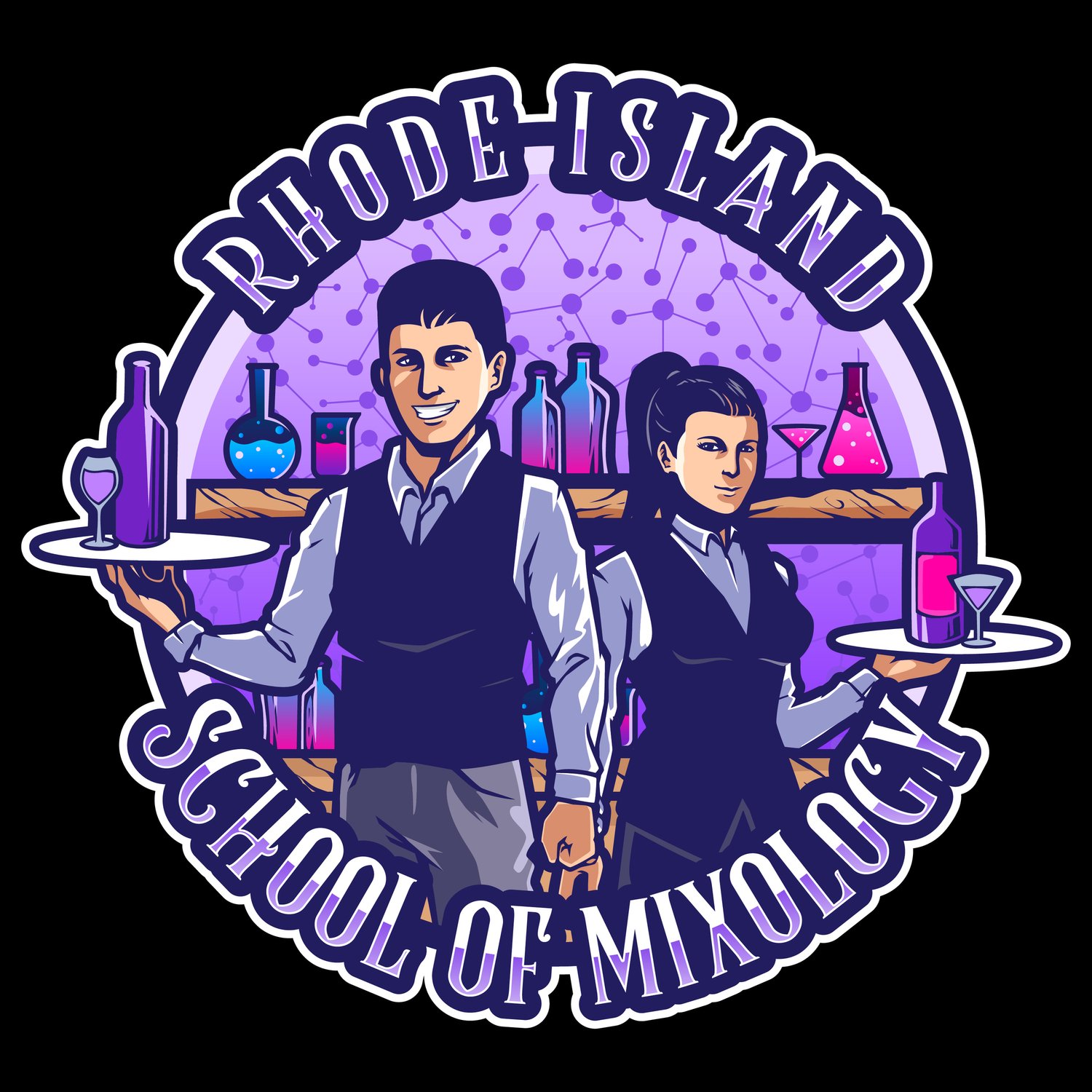Understanding the Difference between
Training and Education
By Trevor Estelle, Vice President, The TIPS Program
There are too many programs that stop at the educational component and fail to provide the necessary training that can really make a difference. Training is about applying knowledge and skills to get results. It is not knowledge alone. Training is about inspiring, empowering, and equipping servers and sellers of alcohol to make a difference. These points are what TIPS training is all about. We provide both education and training to ensure the responsible service, sale, and consumption of alcohol. Would you rather have a server who knows the laws and regulations of the jurisdiction where he or she is serving or a server who has the confidence and interpersonal skills to provide great customer service while also ensuring the safety of his or her patrons? With TIPS, you can have both.
TIPS® (Training for Intervention ProcedureS) is the global leader in education and training for the responsible service, sale, and consumption of alcohol. Proven effective by third-party studies, TIPS is a skills-based training program that is designed to prevent intoxication, underage drinking, and drunk driving. Over the past 30 years, TIPS has certified over 3.5 million participants. TIPS has certified participants in all 50 states and over 40 different countries. Establishments who use TIPS benefit immediately by reducing risk and creating a safer, more responsible work environment. TIPS training can:
Reduce exposure to alcohol liability lawsuits
Lower insurance premiums
Improve customer server and satisfaction
Ensure compliance for state and local laws
Keeps people safe
To learn more, visit www.gettips.com
When it comes to choosing a responsible alcohol service program, there are choices an individual, establishment and corporation must make. There are lots of programs that simply “educate” servers and sellers of alcohol on liquor laws, the science of why alcohol affects the brain, and the concepts of BAC, and intoxication rate factors. Some programs will even go as far as explaining why it is important to refuse a sale. The delivery of these programs may not be top-notch, but the educational component is certainly there. Is that enough? Will education alone prevent the tragedies associated with the misuse of alcohol? Are we trainers or educators and why is the difference so critical?
It comes down to the difference between know how and know why. It is the difference between, say, being trained as a pilot to fly a plane and being educated as an aeronautical engineer and knowing why a plane flies. Clearly both are necessary, but if I am flying from here to there I want to be in a plane with a trained pilot. Education emphasizes principles; training emphasizes application. Education focuses on building the mind; training focuses on building skills and confidence.
This same principle can be applied to your local watering hole. An educated bartender can identify someone who is getting into trouble with alcohol and may even have a grasp of what is occurring in the intoxicated person’s brain. However, will the educated bartender have the skills and confidence to effectively intervene to prevent this person from hurting himself or someone else? A trained bartender will not only possess the knowledge, he or she will be able to take action to make sure his or her patrons are safe. That is the difference between an effective training program and a program that simply provides information.
